「龙腾网」中国和日本人吃那么多米饭(碳水),为什么却不胖?
正文翻译
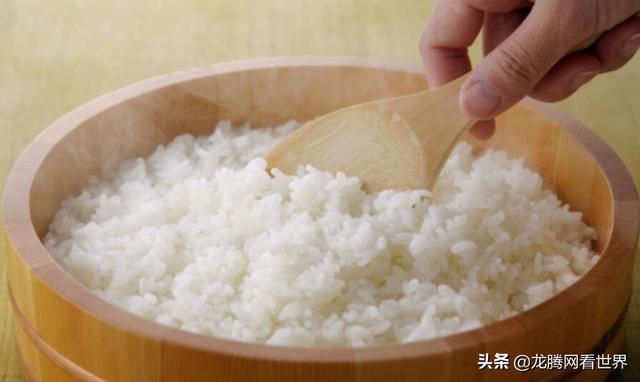
How are Chinese people slim even when they eat rice so much?
中国人吃那么多米饭(碳水),怎么还这么苗条?
评论翻译
Lucia Garcia
, Worked at Hospitals
Answered Dec 29
According to the survey, China's obesity rate is 7% in 2020, and China is one of the countries with the lowest obesity rate in the world.
Rice is the staple food of China. Chinese people eat rice at every meal, 7 days a week.
The calories of cooked rice are not high, 100 grams of cooked rice contains 115 calories. Eating rice will not gain weight.
In contrast, Chinese people consume an average of 2970 calories per day, while Americans consume 3770 calories per day.
Rice has high nutritional value. Rice contains essential carbohydrates, protein, insoluble fiber, fat, vitamin B1, niacin, vitamin C, and minerals such as calcium, phosphorus, potassium, and iron.
Cooked rice is easy to digest and absorb, and can provide the body with essential nutrients and energy every day.
Rice is a kind of "super food", and more than 3 billion people in the world eat rice.
Rice is a staple food in many countries, such as China, Japan, North Korea, South Korea, Vietnam, Laos, Cambodia, Thailand, Myanmar, Philippines, Indonesia, Singapore, Malaysia, Brunei, India, Pakistan, Bangladesh, Nepal, Sri Lanka and so on.
根据调查,2020年中国的肥胖率为7%,中国是世界上肥胖率最低的国家之一。
大米是中国的主食。中国人每餐都要吃米饭,一周7天。
熟米饭的热量并不高,100克熟米饭含有115卡路里。吃米饭不会发胖。
相比之下,中国人每天平均消耗2970卡路里,而美国人每天消耗3770卡路里。
大米具有很高的营养价值。大米含有必需的碳水化合物、蛋白质、不溶性纤维、脂肪、维生素B1、烟酸、维生素C以及钙、磷、钾和铁等矿物质。
煮熟的大米易于消化和吸收,可以每天为人体提供必要的营养和能量。
大米是一种"超级食物",世界上有30多亿人吃大米。
大米是许多国家的主食,如中国、日本、朝鲜、韩国、越南、老挝、柬埔寨、泰国、缅甸、菲律宾、印度尼西亚、新加坡、马来西亚、文莱、印度、巴基斯坦、孟加拉国、尼泊尔、斯里兰卡等。
Larry Robinson
Around 1980 I went on a rice diet to lose 15 pounds. I lost that 15 pounds in about a month. I couldn’t eat rice again for a couple of years because I was sick of eating it. I’ve now gone back to eating rice but I can’t force myself to go back on the rice diet.
1980年左右,我为了减掉15磅的体重而进行了一次米饭减肥。我在大约一个月内减掉了这15磅。我有几年时间不能再吃米饭,因为我讨厌吃米饭。现在我又开始吃米饭了,但是我不能强迫自己再去把日常饮食都换成米饭了。
Charles Jameson
But isn’t high Glycemic Index an issue for white rice? I often wonder why high GI doesn’t result in higher levels of obesity in China. Perhaps it is simply related to “quantity” consumed?
但是高血糖指数对白米来说不是一个问题吗?我经常想,为什么高血糖指数不会导致中国人的肥胖水平提高?也许这只是与消耗的"数量"有关?
Ricci Suarez
Because in Asia, we normally eat rice with a lot of different vegetables, soups and side dishes, including seafood and some meat. We do not just eat rice by itself in huge quantities. By pairing rice with a lot of other things, you end up not eating too much rice. Here is an example of a meal:
因为在亚洲,我们吃米饭时通常会搭配很多不同的蔬菜、汤和配菜,包括海鲜和一些肉类。我们不只是大量地单独吃米饭。通过将米饭与许多其他东西搭配,你最终不会吃太多米饭。下面是一个吃饭的例子:

Im Yang Gyoon
The picture you presented is Korean food
Korean food mainly eats fermented seasonings and fermented side dishes.
Therefore, it becomes a healthy meal
However, most Chinese food is fried in pork fat or contains a lot of animal fat.
This oil causes various diseases by increasing the concentration of bad cholesterol in human obesity and blood.
你介绍的图片是韩国食品
韩国食品主要吃发酵的调味品和发酵的配菜。
因此,它是一种健康的膳食
然而,大多数中国食品是用猪肉油炸的,或含有大量的动物脂肪。
这种油通过增加人体肥胖和血液中坏胆固醇的浓度而导致各种疾病。
Ricci Suarez
My grandma is Chinese and she did not cook with a lot of fats. She did cook a lot of vegetable side dishes and was partial to seafood. But China is so big just as Asia is also so huge; so the types and kinds of side dishes is so variable. People also have different preferences. There could be areas and regions that use different kinds of side dishes; whether it is considered healthy or not would depend on case by case basis. However, the point I was making was in response to the comment about rice. That asians do not generally just eat mounds of rice by itself; we usually eat rice with various side dishes, making it more interesting & not monotonous and at same time reduces likelihood of eating too much mounds of rice.
我的祖母是中国人,她做饭时不使用大量的脂肪。她确实做了很多蔬菜配菜,而且偏爱海鲜。还有中国这么大,就像一个大洲一样;所以配菜的类型和种类是如此的多变。人们也有不同的偏好。可能有一些地区使用不同种类的配菜;这是否被认为是健康的,将取决于个案的基础。然而,我所提出的观点是针对关于米饭的评论。亚洲人一般不会只吃一大堆米饭;我们通常会在吃米饭时搭配各种配菜,使其更加有趣而不单调,同时也减少了吃一大堆米饭的可能性。
Gibson Gill
What a joke, when Chinese cook, they mix meat and vegetables, not all of them deep-fried. And Korean kimchi pickles will produce nitrites that are not good for the human body during the fermentation process. Eating too much has a great impact on your health.
真是个笑话,中国人做饭的时候,都是荤素搭配,并不是都是油炸的。而韩国的泡菜在发酵过程中会产生亚硝酸盐,对人体不利。吃多了对身体有很大影响。
Goby Govindassamy
I think it's because these countries only started eating large amount of rice in the past 20–30 years, before that the quantities were much smaller. It takes several decades to become insulin resistant with this type of diet (with junk food and sugar it would be even faster, but seems like they still manage to avoid it).
我认为这是因为这些国家在过去20-30年才开始吃大量的米饭,在此之前,数量要少得多。这种类型的饮食需要几十年的时间才能产生胰岛素抵抗(如果是垃圾食品和糖,速度会更快,但似乎他们仍然能够避免这种情况)。
George Yu
You have it backwards. The Chinese ate far higher quantities of carbohydrates when there was limited fat and protein in their diet. City dewelling adults were rationed 15–18kg of wheat/rice every month before rationing stopped in the 90s, and often that wasn’t enough.
你把话说反了。当中国人的饮食中脂肪和蛋白质供给有限时,他们吃的碳水化合物的数量反而要高得多。在90年代配给制停止之前,城市里的成年人每个月要配给15-18公斤的小麦/大米,但这通常往往还不够。
Goby Govindassamy
I didn't know about that, it's interesting. I thought it was like some Indians who eat insane amounts of rice, and end up with a fatty liver before they reaching their 40s.
我不知道这一点,这很有趣。我以为这就像一些印度人吃了大量的米,结果在40岁之前就得了脂肪肝。

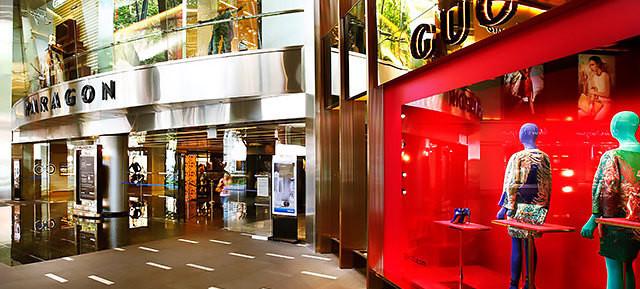
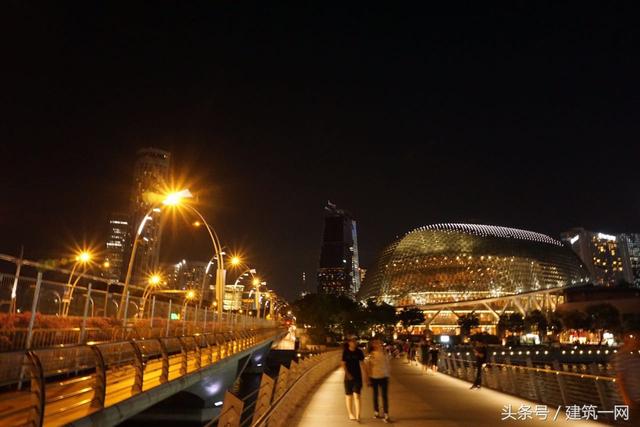

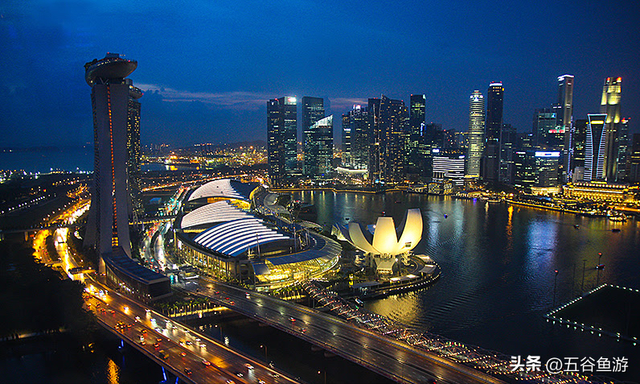
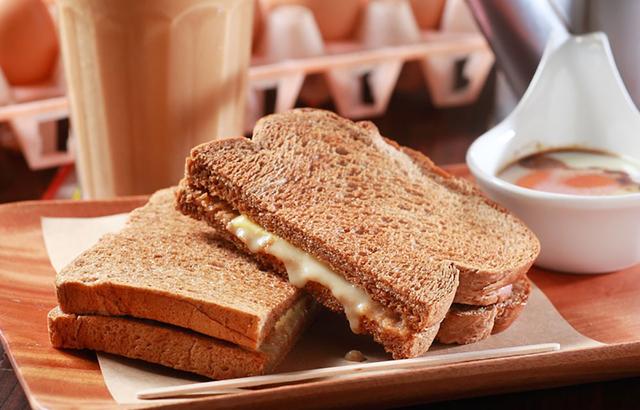

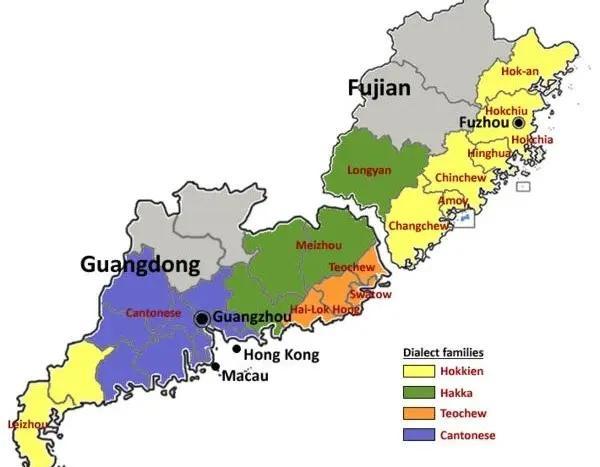
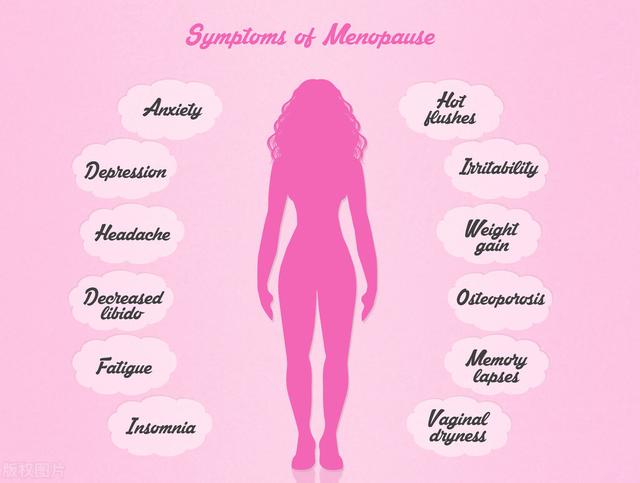













评论